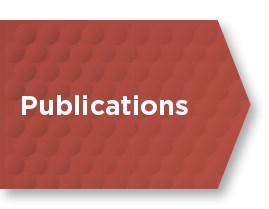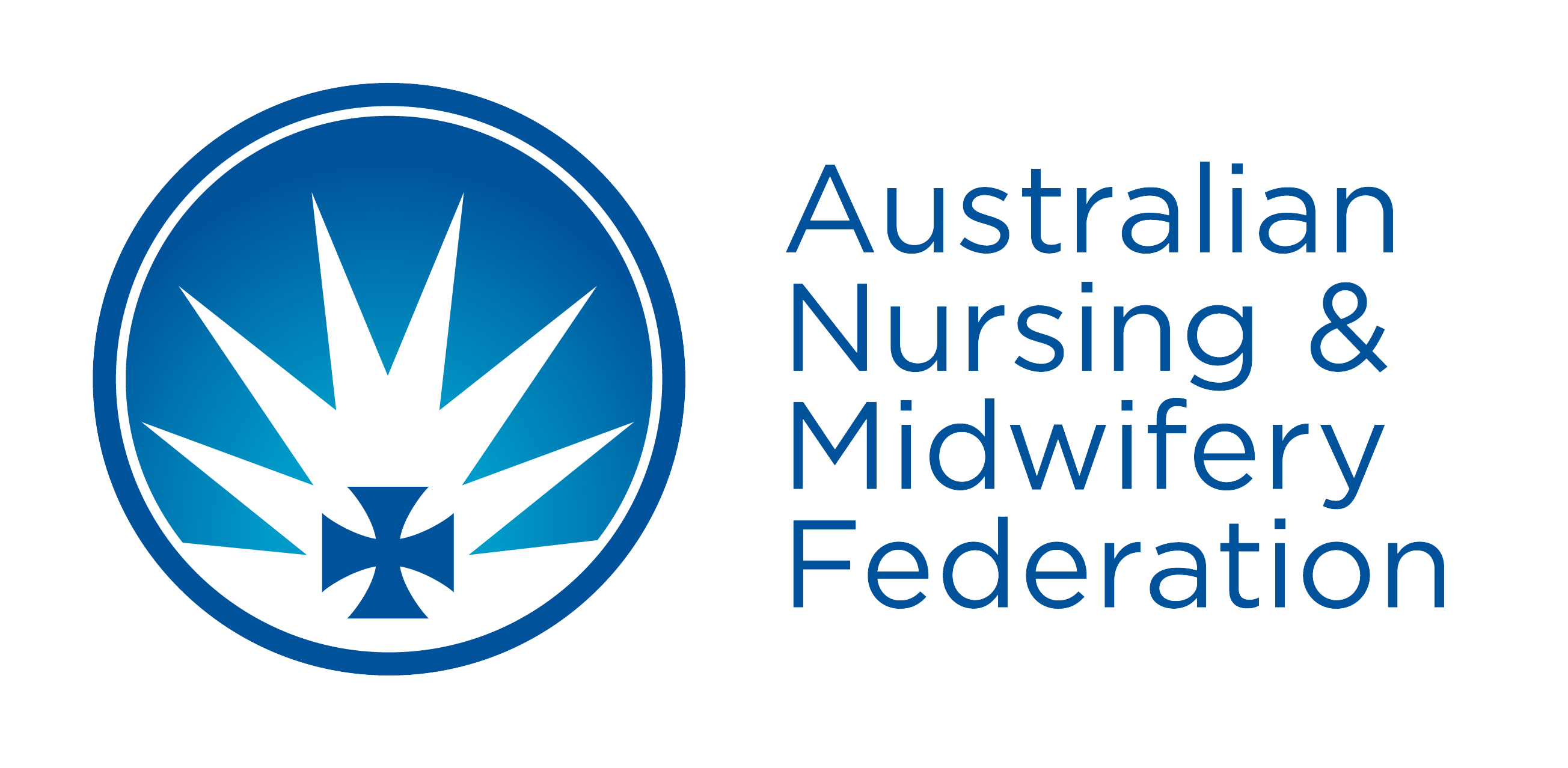
Aboriginal & Torres Strait Islander Health
We recognise that nurses, midwives and carers play a key role in improving the health of indigenous peoples.
The health status of Aboriginal and Torres Strait Islander people is considerably poorer than any other group in Australia.
The life expectancy of non-Indigenous Australians has risen over the last three decades. However, the life expectancy of Aboriginal and Torres Strait Islander people remains significantly lower than other population groups. Hospitalisation rates for chronic and communicable diseases and mental health issues exceed those of non-Indigenous Australians across all age groups.
Contributing factors to the health inequality of Aboriginal and Torres Strait Islander peoples include: unequal access to primary health care and infrastructure; poor nutrition and living conditions; lack of culturally safe and culturally respectful health services and health education; human rights and social justice inequities including the effects of racism and insufficient or poorly targeted funding to meet health care needs; and lack of access to secure and meaningful employment.
The ANMF is committed to forming strong partnerships to work towards improving the health outcomes and life expectancy of Aboriginal and Torres Strait Islander peoples. We constantly aim to collaborate and model respect for Aboriginal and Torres Strait Islander peoples; promote understanding of their rights and work with our colleagues to lead the nursing and midwifery professions in respecting and sharing knowledge with Aboriginal and Torres Strait Islander peoples. Some of the work undertaken by the ANMF to achieve these aims includes:
- ANMF Innovate Reconciliation Action Plan (RAP) 2020-2022
- ANMF Aboriginal and Torres Strait Islander Health position statement
- ANMF Working with Aboriginal and Torres Strait Islander people and organisations guideline
- National Nursing and Midwifery Organisations Joint Statement on Cultural safety: Nurses and midwives leading the way for safer healthcare
- ANMF Protocol: Acknowledgement of Country
- ANMF Protocol: Welcome to Country
The Uluru Statement from the Heart
The ANMF has declared its national support for the historic Uluru Statement from the Heart calling for a ‘First Nations Voice’ enshrined in the Constitution.
The Uluru Statement from the Heart is an invitation to the Australian people to work with Aboriginal and Torres Strait Islander people to create a better future. It is a gift: a strategic roadmap to peace, where Aboriginal and Torres Strait Islander peoples take a rightful place in their own land. It is a moment where all Australians can come together to realise our nation’s true potential.
- Uluru Statement from the Heart website
- Read the full Uluru Statement from the Heart
- Why the ANMF supports the Uluru Statement from the Heart
Congress of Aboriginal and Torres Strait Islander Nurses and Midwives
The ANMF supports, works and partners with our colleagues who form the Congress of Aboriginal and Torres Strait Islander Nurses and Midwives (CATSINaM).
CATSINaM represents Aboriginal and Torres Strait Islander nurses, midwives, and students undertaking nursing and midwifery courses leading to registration and endorsement.
CATSINaM has developed a cultural safety position statement and has partnered with the Nursing and Midwifery Board of Australia to develop a joint statement on culturally safe care. Cultural safety and respectfulness is the responsibility of all nurses and midwives.
- CATSINaM Cultural safety position statement
- NMBA and CATSINaM joint statement on culturally safe care
For further information on CATSINaM, visit their website.
Closing the Gap
Close the Gap is a campaign for Aboriginal and Torres Strait Islander Health Equality. The campaign's goal is to close the health and life expectancy gap between Aboriginal and Torres Strait Islander peoples and non-Indigenous Australians within a generation.
The Close the Gap Coalition — a grouping of Aboriginal and Torres Strait Islander and non-Indigenous health and community organisations — together with nearly 200,000 Australians is calling on governments to take real, measurable action to achieve Aboriginal and Torres Strait Islander health equality by 2030.
The ANMF supports Australia’s commitment to closing the appalling 8 to 14 year life expectancy gap (depending on remoteness) through implementation of the Human Rights and Equal Opportunity Commission (HREOC*) Aboriginal and Torres Strait Islander Commissioner’s recommendations to achieve health equality for Aboriginal and Torres Strait Islander people within a generation.
Nurses and midwives provide frontline health services in many Aboriginal and Torres Strait Islander communities and are committed to working in partnership with Aboriginal Health Workers, GPs and allied health professionals to deliver high quality, culturally appropriate health care services.
*HREOC - now known as the Australian Human Rights Commission.
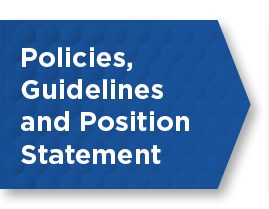
Policies, Guidelines and Position Statements
Find out more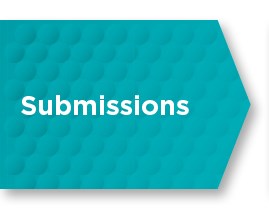
Submissions
Find out more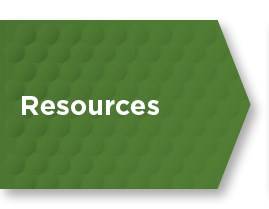
Resources
Find out more